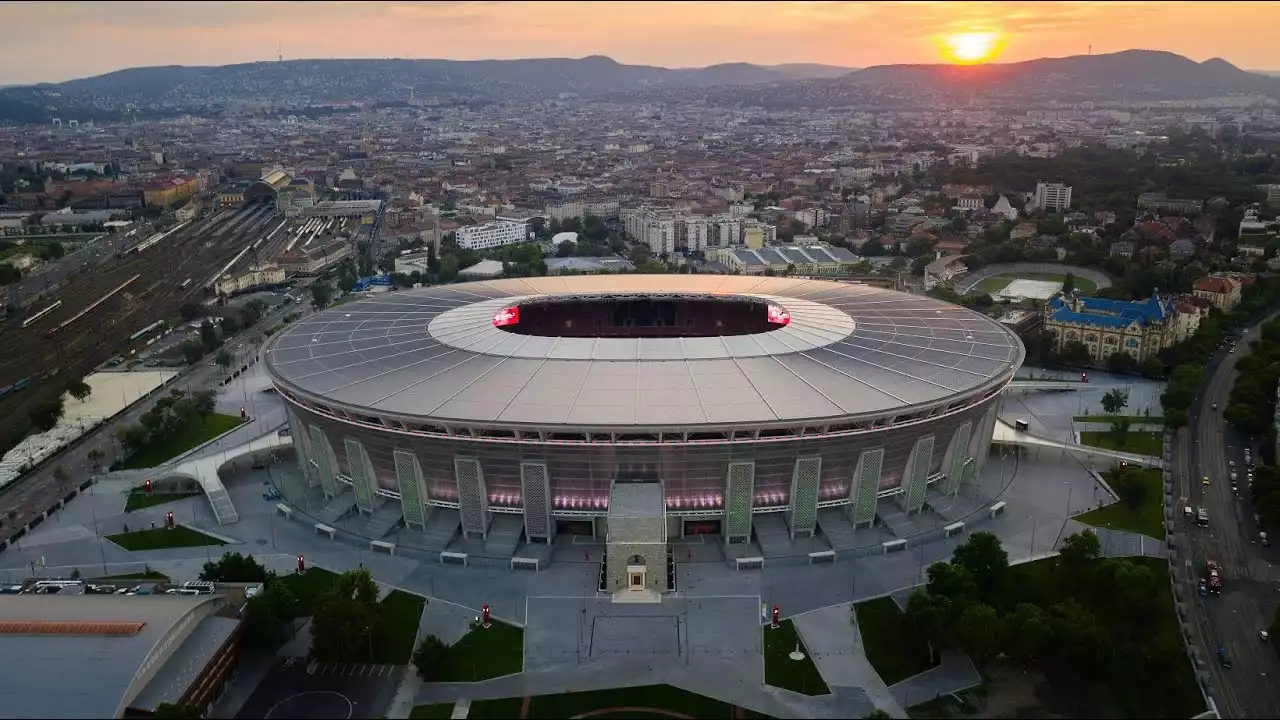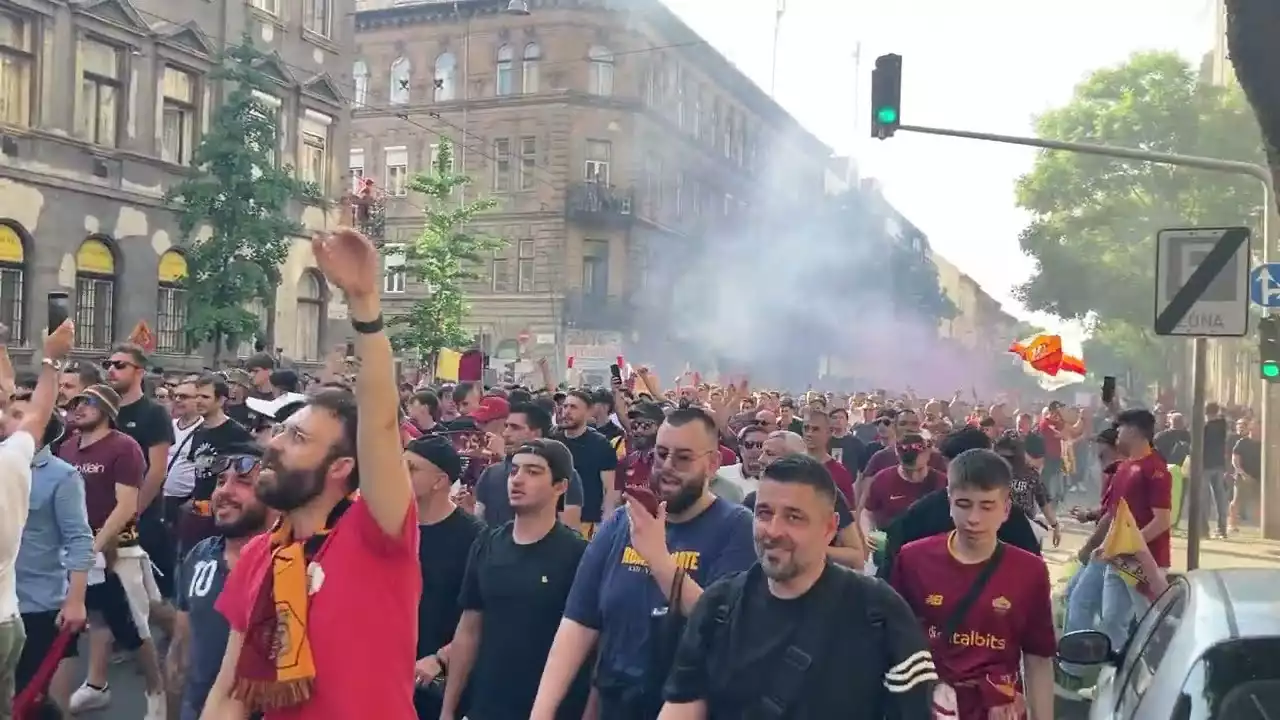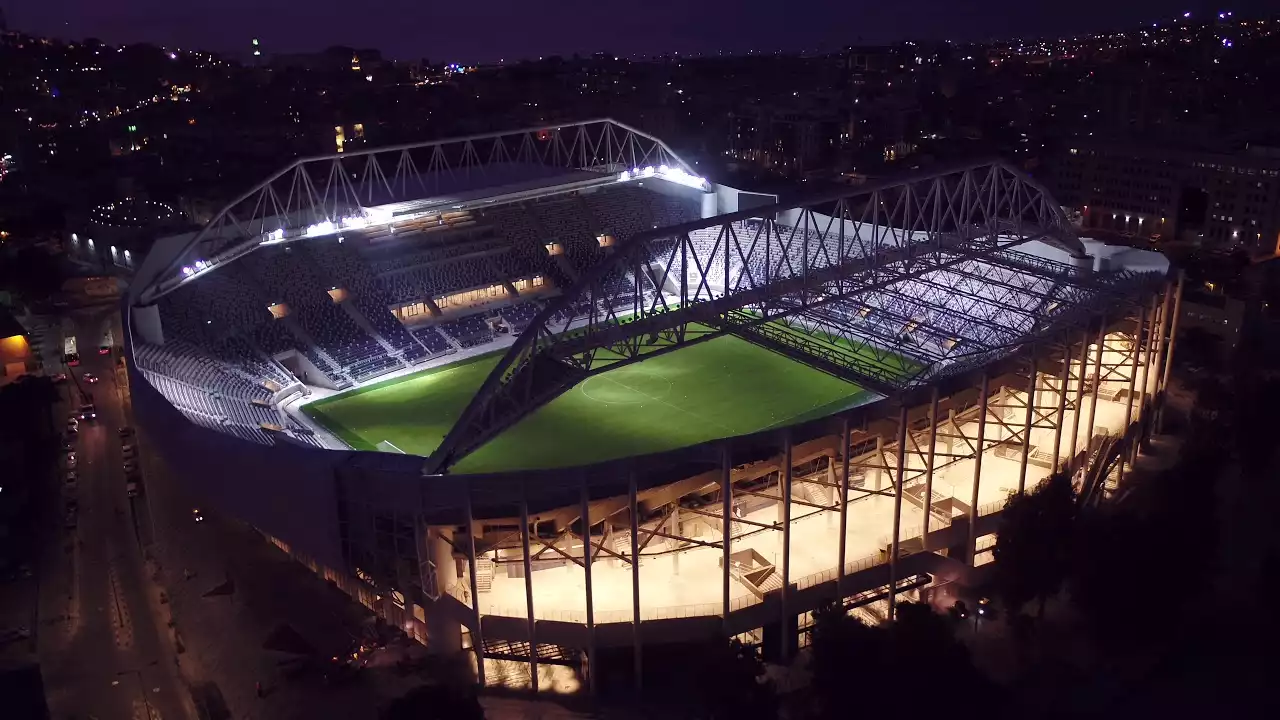Insights into How Stadiums are Chosen for the Europa Conference League
Welcome to our article on the selection process for stadiums in the Europa Conference League. As one of the newest additions to the European football scene, this tournament provides an exciting platform for teams to showcase their talents on an international stage. But have you ever wondered how stadiums are chosen to host these matches?
In this article, we will delve into the intricacies of selecting the perfect venue for the Europa Conference League matches. From capacity requirements to infrastructure considerations, a variety of factors come into play when determining the most suitable stadium.
Our aim is to provide you with insights into this often overlooked aspect of football. We will explore the decision-making process, highlighting the key criteria that must be met. As we venture into the world of stadium selection, you will gain a better understanding of the elaborate undertakings involved.
The importance of stadiums in hosting football matches
Stadiums play a crucial role in the success of any football competition. They serve as the backdrop for thrilling matches, providing a platform for players to display their skills and for fans to cheer on their favorite teams. The atmosphere within a stadium can make or break the overall experience for both players and spectators. It is therefore essential to carefully consider various factors when selecting stadiums for the Europa Conference League.
First and foremost, the capacity of the stadium is of utmost importance. The tournament organizers must ensure that the chosen venue can accommodate a sufficient number of attendees. This not only includes regular seating but also additional space for media, VIPs, and other personnel. A large capacity ensures that fans from both participating teams, as well as neutrals, can witness the matches live, creating a vibrant and electric atmosphere that adds to the excitement of the competition.
Criteria for selecting stadiums for the Europa Conference League
When it comes to selecting stadiums for the Europa Conference League, several criteria must be met. These criteria encompass various aspects, including capacity, infrastructure, location, safety measures, historical significance, and atmosphere. Let's take a closer look at each of these factors.
Stadium capacity and infrastructure requirements
As mentioned earlier, stadium capacity is a crucial consideration. The Europa Conference League aims to attract a wide audience, including fans from different countries. Therefore, the chosen stadium must have a sufficient seating capacity to accommodate these diverse fan bases. Additionally, the infrastructure surrounding the stadium must be able to handle the influx of visitors, including parking facilities, public transportation options, and amenities such as food and beverage outlets.
Location and accessibility considerations
Another important criterion in stadium selection is the location. The chosen stadium should ideally be easily accessible to fans traveling from different parts of the country or even abroad. Proximity to major transportation hubs, such as airports and train stations, is advantageous. Additionally, the stadium's location should be conducive to hosting pre and post-match activities, such as fan zones and entertainment areas, to enhance the overall event experience.
Safety and security measures
The safety and security of players, officials, and fans are paramount. Stadiums selected for the Europa Conference League must meet stringent safety standards, including proper evacuation procedures, emergency medical facilities, and crowd control measures. Adequate security measures, including surveillance systems, trained security personnel, and thorough security screenings, are also essential to ensure a safe and enjoyable experience for everyone in attendance.
Historical significance and atmosphere
One aspect that can contribute to the magic of a football match is the historical significance and atmosphere of the stadium. Some stadiums have a rich history and are steeped in tradition, creating a unique ambiance that adds to the overall allure of the game. The Europa Conference League organizers may take into account the historical significance of a stadium and its ability to generate an electric atmosphere when making their selection.
Examples of stadiums chosen for previous Europa Conference League matches
Over the years, several stadiums have been chosen to host Europa Conference League matches. These venues have met the rigorous criteria set forth by the tournament organizers and have provided memorable experiences for players and fans alike. Let's take a look at some examples.
One notable stadium chosen to host Europa Conference League matches is the Stadion Miejski in Gdansk, Poland. This state-of-the-art stadium boasts a capacity of over 40,000 spectators and has excellent infrastructure, making it an ideal venue for international matches. Its picturesque location near the Baltic Sea adds to its appeal, creating a unique backdrop for the tournament.
Another example is the Puskas Arena in Budapest, Hungary. This modern stadium, with a capacity of over 60,000, has become a popular choice for hosting Europa Conference League matches. Its central location in Europe makes it easily accessible for fans from different countries, and its impressive facilities ensure a top-notch experience for all attendees.
Challenges in selecting stadiums for the tournament
While selecting stadiums for the Europa Conference League may seem straightforward, there are several challenges that organizers face. One of the primary challenges is ensuring that each chosen stadium meets all the necessary criteria while also providing a diverse range of venues across the tournament. This requires careful planning and coordination to balance capacity, location, and infrastructure requirements.
Additionally, the availability of stadiums can pose a challenge. Many stadiums are already booked for domestic leagues, international matches, or other events, making it difficult to secure suitable venues for the Europa Conference League. The tournament organizers must work closely with various stakeholders, including football associations and stadium authorities, to navigate these challenges and ensure the successful hosting of matches.
The role of stadiums in enhancing the Europa Conference League experience
Stadiums play a significant role in enhancing the overall experience of the Europa Conference League. They create an atmosphere that can electrify players and ignite the passion of fans. The choice of stadiums can contribute to the tournament's reputation and help establish it as a premier competition in European football.
By carefully selecting stadiums that meet the necessary criteria, the Europa Conference League organizers aim to create an unforgettable experience for players and fans alike. From the capacity and infrastructure to the location, safety measures, and historical significance, every aspect is taken into consideration to ensure that the chosen stadiums enhance the magic of the tournament.
The selection process for stadiums in the Europa Conference League is a meticulous undertaking. The criteria range from capacity and infrastructure requirements to location, safety measures, historical significance, and atmosphere. By carefully selecting stadiums that meet these criteria, the organizers aim to create an electrifying and memorable experience for all involved. So the next time you watch a Europa Conference League match, take a moment to appreciate the efforts that go into choosing the perfect venue for these thrilling encounters.










